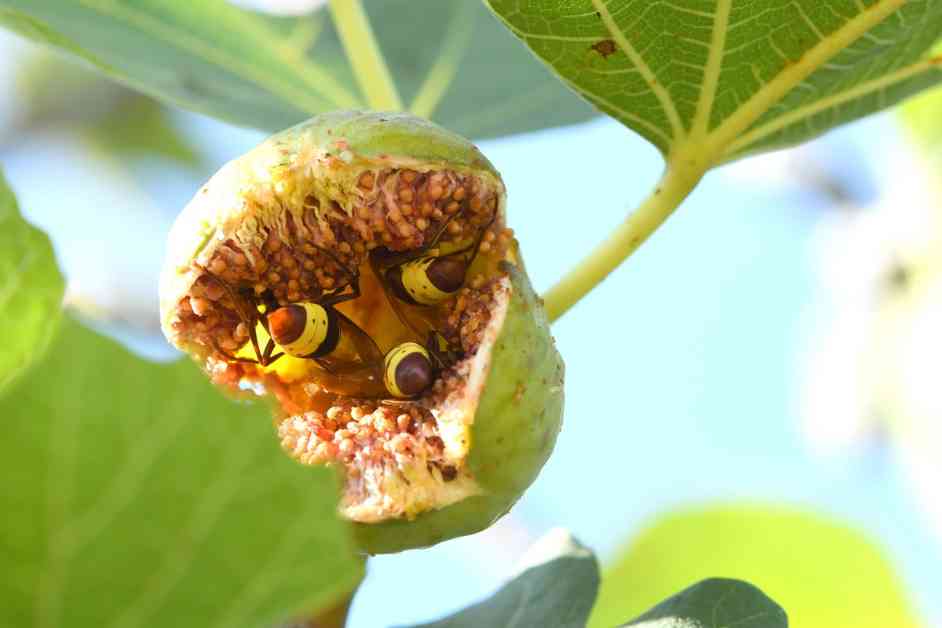Social wasps like hornets have been found to have a high tolerance for alcohol, being able to thrive on an 80 percent ethanol sugar solution as their only food source. This is a unique trait that sets them apart from most other animal species, which show signs of impairment or toxicity when consuming ethanol concentrations above 4 percent. The ability of hornets to metabolize alcohol efficiently is thought to be linked to the yeast present in their gut, which aids in the fermentation process of fruits.
Research conducted by a team of scientists at Tel Aviv University found that hornets can break down alcohol faster than honeybees, as evidenced by the higher levels of labeled carbon in their exhaled breath. This metabolic efficiency allows hornets to complete tasks such as nest-building and defending their territory without any noticeable effects from the alcohol. Surprisingly, hornets did not show a preference for ethanol over sugar when given a choice, suggesting that they may not be able to taste the difference between the two substances.
Genetic analysis revealed that hornets possess multiple copies of the gene responsible for the enzyme that breaks down alcohol, indicating an evolutionary adaptation that allows them to thrive on an alcohol-rich diet. While the study sheds light on the unique abilities of hornets, experts caution that the methods used in the research may not directly compare ethanol resistance between different species. Further studies are needed to explore gene expression patterns during ethanol consumption and to investigate how other animals attracted to alcohol, such as some beetles and bats, respond to high ethanol values.
Insects like hornets would not typically encounter such high concentrations of ethanol in nature, making their ability to thrive on an alcohol-only diet even more intriguing. The researchers behind the study aim to continue their investigation by exploring the limits of hornets’ ethanol tolerance and by conducting a broader survey of social Hymenoptera and other insects to understand the prevalence of similar adaptations in nature. This research not only provides valuable insights into the metabolic capabilities of hornets but also opens up new avenues for studying the interactions between animals and alcohol in the wild.




